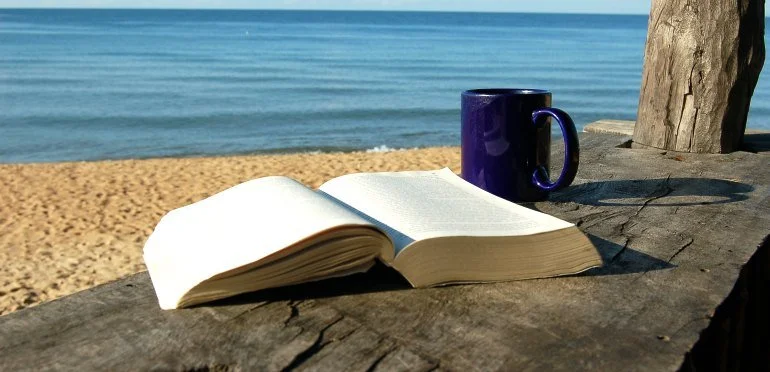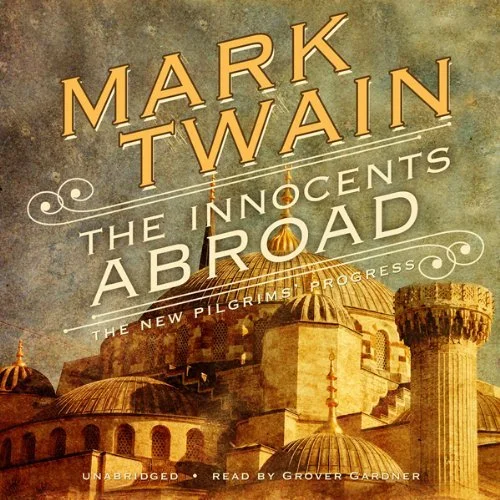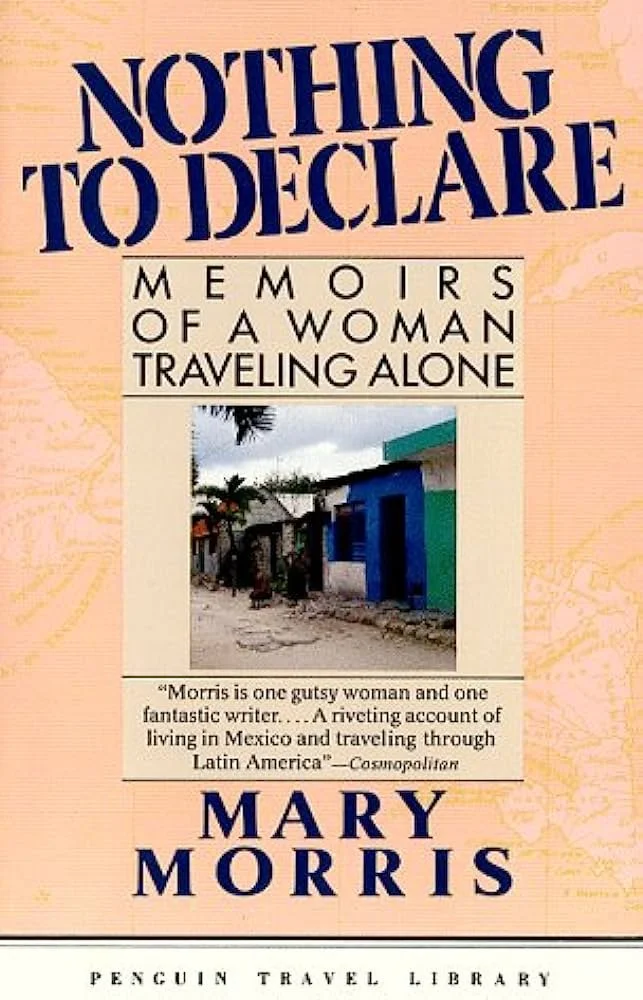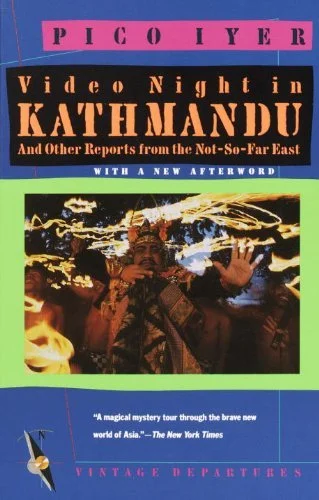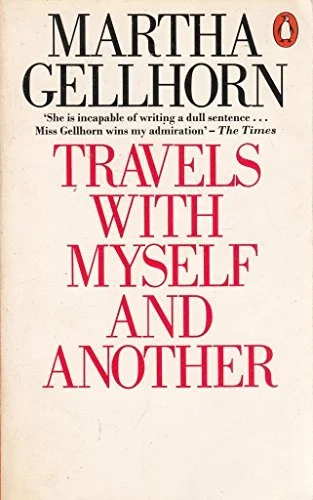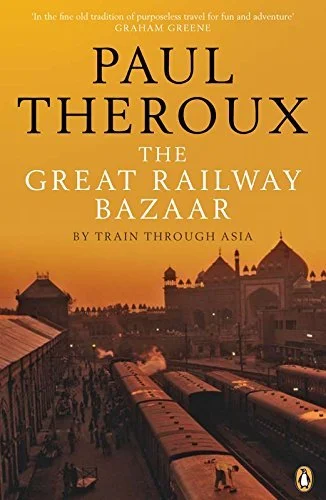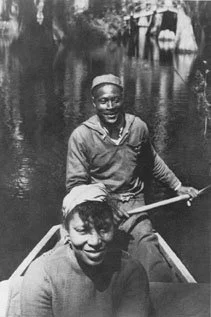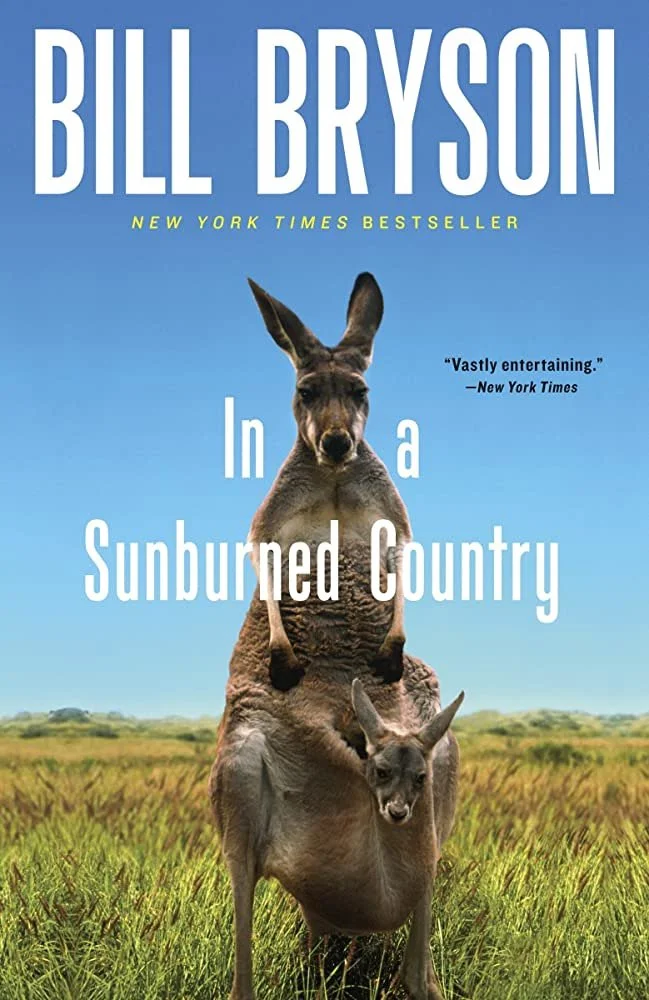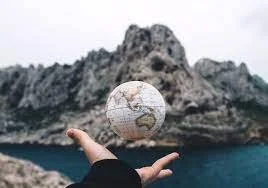SUMMER READING
This summer, The Attic will be reading great getaways, books by American writers who went far away and came back with tales, elegantly told. And because many of the books are old, they travel not just in space but in time.
The Innocents Abroad, by Mark Twain — Twain’s account of his journey to Europe and the Holy Land remains one of the best, and most amusing, travel narratives. The Innocents Abroad captures both the wonder of an exotic world and the zany tourists easily gulled by its pretensions. The gentle reader will never know what a consummate ass he can be until he goes abroad.
Nothing to Declare: Memoirs of a Woman Traveling Alone, by Mary Morris — Decades before Eat, Pray, Love went viral, Mary Morris pioneered women’s travel writing in Nothing to Declare. Roaming Central America, Morris explored the perils and promises awaiting women who travel alone. Women who travel as I travel are dreamers. Our lives seem to be lives of endless possibility. Like readers of romances we think that anything can happen to us at any time. . . Nostalgia has no place for the woman traveling alone. Our motion is forward, whether by train or daydream.
Video Night in Kathmandu, by Pico Iyer — In 1985, with globalized culture tainting every corner of the world, TIME correspondent Iyer spent seven months in Southeast Asia. The result is a modern travel classic, perhaps the first travel book to tell you that it’s getting weird out there. I wanted to see what kind of resistance had been put up against the Coca-Colonizing forces and what kind of counter-strategies were planned. And I hoped to discover which Americas got through to the other side of the world, and which got lost in translation.
Travels with Myself and Another, by Martha Gellhorn — Back when far flung travel was still exotic and dangerous, Gelhorn journeyed to China, Africa, Moscow, and more. On assignment for magazines, often accompanied by “another” (husband Ernest Hemingway) Gellhorn made many “horror journeys.” But at age 70, when she recounted them in this memoir, she recaptured adventure and excitement. Plus drinking and fighting with “Hem.” My heart rose like a bird. It always did incurably, except in rain, as soon as I felt I had fallen off the map.
The Great Railway Bazaar, by Paul Theroux — Theroux has traveled everywhere but his later books show his weariness, his boredom. On this, his first journey, from London to Southeast Asia, then across the Trans-Siberian Railway, he captures all the wonder of roaming far, by train. Ever since childhood, when I lived within earshot of the Boston and Maine, I have seldom heard a train go by and not wished I was on it. . .
Tell My Horse, by Zora Neale Hurston — Before writing novels, Hurston was an anthropologist under the tutelage of Franz Boas. In Tell My Horse, she recounts travel and fieldwork in Haiti where she fell under the spell of voodoo. Perhaps it is natural for the god of the poor to be akin to the god of the dead, for there is something about poverty that smells of death.
In a Sunburned Country, by Bill Bryson — In 2000, the wise and witty Bryson took his gimlet eye to Australia. Crossing “Down Under” by train and car, he came back with an amusing account of a country that seems somewhat American — surfing, beer, English — but is altogether different. No one knows, incidentally, why Australia's spiders are so extravagantly toxic; capturing small insects and injecting them with enough poison to drop a horse would appear to be the most literal case of overkill. Still, it does mean that everyone gives them lots of space.
